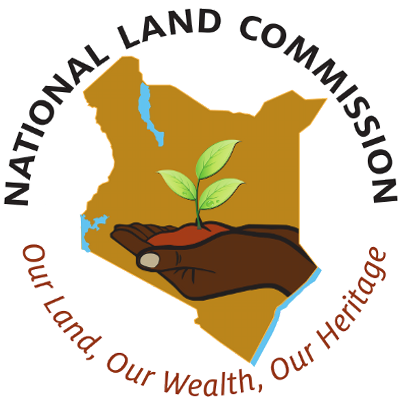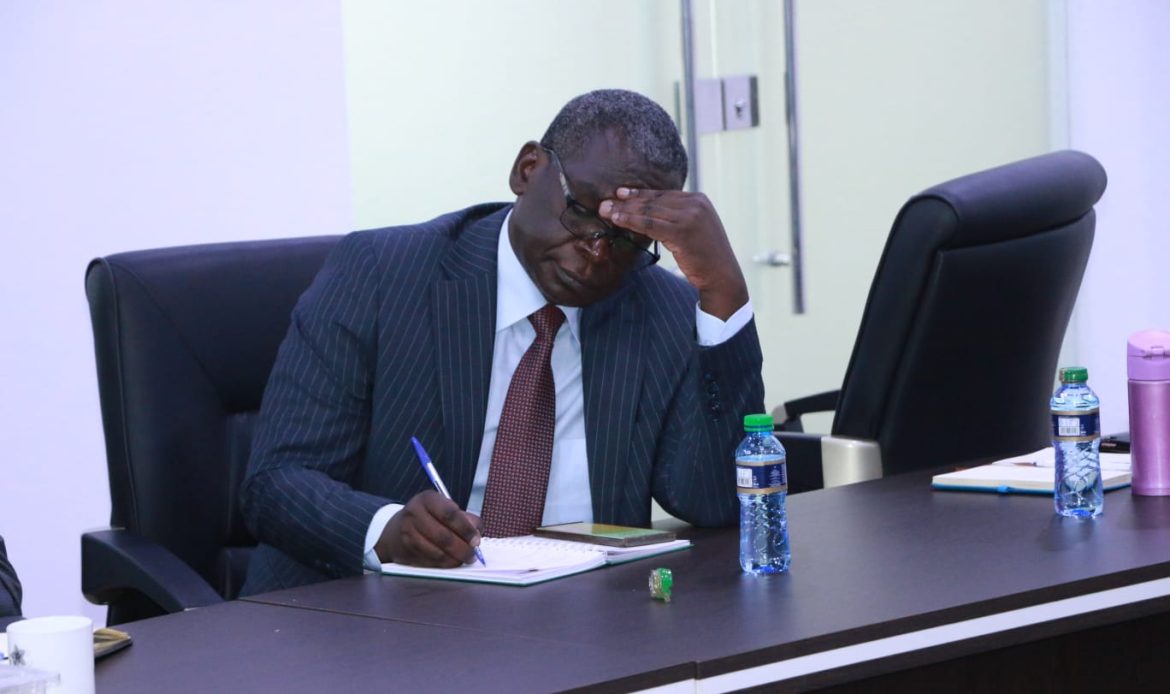There is need to translate the Community Land Act in local dialects to expedite the process of transition from group ranches to community land.
This will enhance understanding and confidence in local communities since they are more proficient in their distinct local languages.
Commissioner Reginald Okumu of the National Land Commission (NLC) also urged the government to consider traditional systems of land governance for instance adopting customary titles.
Mr. Okumu who was a panellist in a joint webinar between NLC and NAMATI, explained that the Commission is currently working together with counties to build capacity by providing planners to ensure that community land is properly planned.
The Commission is also developing a framework for monitoring registration of community land in Kenya in accordance with its mandate of advising the national government on a comprehensive program for the registration of title in land.
He added that the Commission is also working towards developing a practical land inventory.
“As you are aware, within the community land, we are required to identify public land and make sure they are surveyed and properly documented,” he stated.
Meanwhile, he urged the Land Registrar to facilitate annual registration status of community land as provided for by the law.
“Land Registration Act Section 14(2b) obligates the Chief Land Registrar to issue a report annually and give to the Commission and the Lands Cabinet Secretary, progress being made on registration,” noted Okumu.
Also speaking was Prof. Gordon Wayumba, a lecturer at the Technical University of Kenya(TUK) who explained that group ranches ownership are mainly dominated by men.
“Within the group ranches, there are land ownerships and men own the parcels of land, this is historical as most of the communities especially in the ASAL areas are very conservative especially in having women own title deeds,” he said.
He implored that as a result, succession of land is a major issue and that men in such areas die without leaving a will or registering land hence widows and children remain homeless thereafter.
Prof. Wayumba was also categorical that committee members in group ranches, mostly of the male gender, own fertile land, locking out their female counterparts.
Meanwhile, Director of Land Adjudication and Settlement at the Ministry of Lands, Mr. Kennedy Githunguri explained that gender inclusivity in community registration processes has been adhered to.
“In the ongoing review of the regulations, a standard register of members is being developed to include the gender component for ease of scrutiny,” said Githunguri.
Despite the slow progress of registering communities, he stated that the Ministry had made some progress. Registered community land in Kamuthe in Garissa (4 titles), Nairimirimo in Samburu 49 titles) and Arsim in Samburu (48 titles).
NAMATI’S Director of Land, Environment and Climate Justice Eileen Wakesho gave a detailed presentation on the wins of gender inclusivity in community land registration.
NLC’s Deputy Director of Research Dr. Mary Wandia was the moderator of the webinar dubbed: Gender Inclusion in the Context of Group Ranch Transition to Community Land in Kenya.

